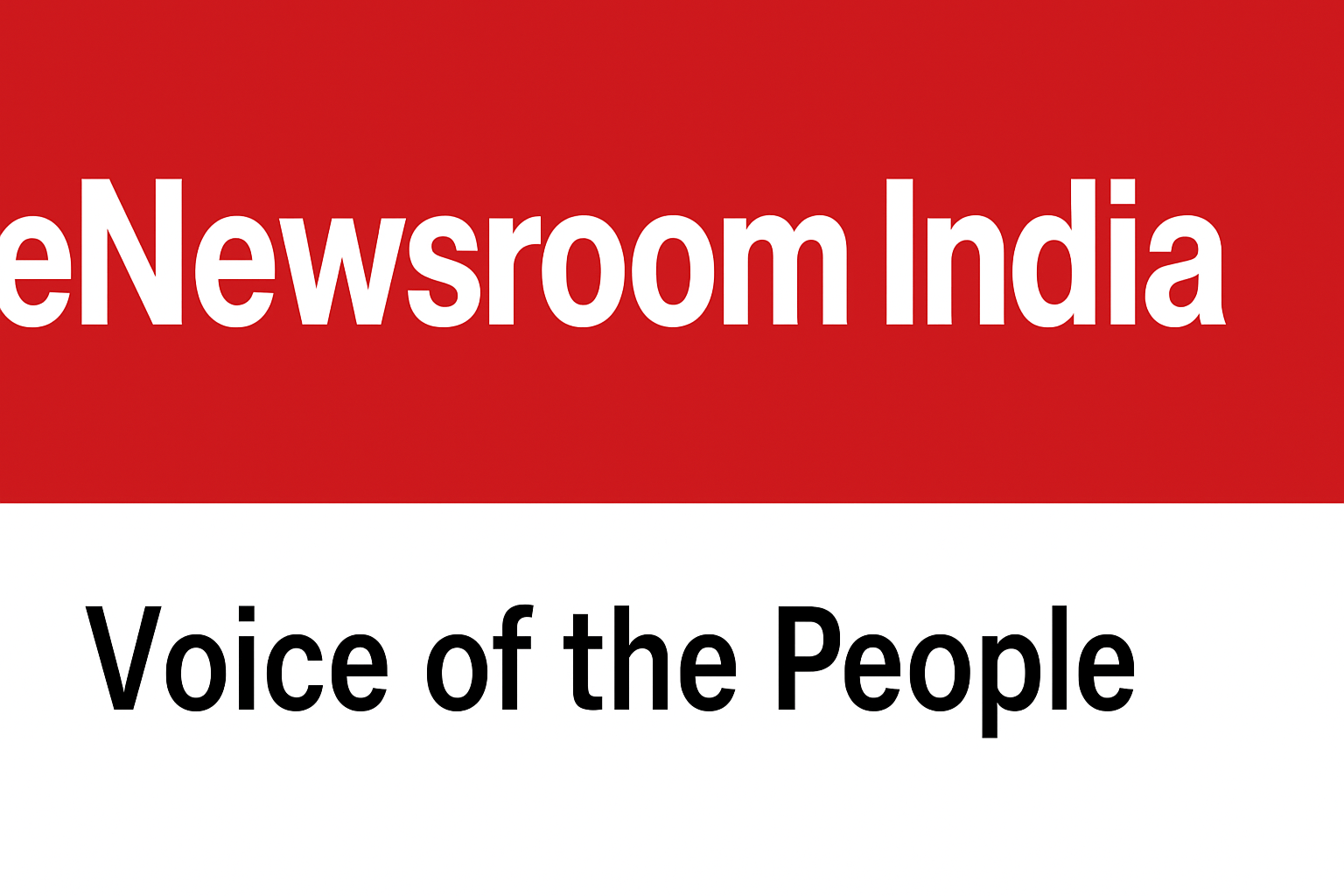Delhi: An urgent public tribunal convened by the Association for Protection of Civil Rights (APCR) has sounded the alarm on what it described as systematic state-backed human rights violations against the Bengali Muslim community in Assam, warning that the region is sliding into a constitutional crisis.
The tribunal, comprising former judges, senior bureaucrats, prominent activists, and scholars, drew attention to the illegal eviction drives, mass disenfranchisement, and indefinite detentions that have become routine in the state. Speakers said these actions were not isolated excesses but part of a pattern that excludes, disempowers, and demonises minorities in Assam—particularly Bengali-speaking Muslims, but also other vulnerable groups.
Justice Iqbal Ansari, former Chief Justice of Patna High Court, issued a stark warning: “A Chief Minister is tearing the Constitution to bits. If we cannot call this out, it will happen to all of us.” Echoing him, former Chief Information Commissioner Wajahat Habibullah said, “The Constitution guarantees equality to all citizens. If equal rights are under threat in Assam, it demands urgent action from both the government and the people.”
A Pattern of Exclusion
Opening the proceedings, Delhi University professor Apoorvanand set the tone: “As Indians, what do we owe the people of Assam? The government is demolishing homes, stripping people of their right to vote, and branding them outsiders. It is our duty to see, to listen, and to stand with them.”
Participants pointed out that the scale of disenfranchisement and dispossession was unprecedented in independent India. Abdus Samad reminded the audience that Bengali Muslims have been part of Assam’s social fabric for over a century and a half. “Our ancestors settled here 150 years ago, made the land habitable, embraced the Assamese language. Yet today, we are called ‘Miya’ and threatened with eradication like ‘corona’. No Muslims in Assam are Bangladeshis, but we live under this false label every day.”
Former Union Home Secretary Gopal K Pillai contextualised Assam’s demographic shifts: “Migration into Assam was once encouraged because it was thinly populated. The extent of foreigners is far smaller than claimed, yet millions who lack documents are punished. If this continues unchecked, tomorrow any one of us may struggle to prove we are Indian.”
Not Just Muslims: A Wider Net
Jawahar Sircar, former Culture Secretary and current Rajya Sabha MP, cautioned against seeing the crisis as exclusively Muslim. “When we talk about minorities in Assam, it is not only Muslims who suffer. Bengali Hindus and tribals too are caught in the dragnet of suspicion. They are being told they don’t belong in their own homeland. In Assam, suspicion itself has become the rule, and once branded, there is no way out. This is a tragedy not just for Assam but for India’s democracy.”
Sircar stressed that what is unfolding in Assam reflects a dangerous precedent. “We have created an environment where the state can strip people of belonging at will. This is not about Bangladeshis—it is about redefining citizenship in a way that permanently excludes the vulnerable. The poison will not remain confined to Assam.”
Forced Evictions and Statelessness
Ground reports presented at the tribunal painted a chilling picture of mass evictions carried out with scant regard for legal safeguards.
Activist Taison Hussain described scenes of forced displacement: “People are being picked up, branded foreigners, and dumped in no-man’s land—even women with infants. Ninety percent of those targeted are Indians. This is a gross violation of human rights.”
Imtiaz Hussain drew attention to the disenfranchisement campaign: “Even if we assume for a moment that someone’s stay was illegal, how can their votes be illegal? Destroying homes, documents, and children’s education is nothing but an attempt to erase minorities from public life.”
Researcher Fawaz Shaheen, who visited eviction sites, detailed how due process was disregarded: “Evictions were announced through public notice but not individual notices. Demolitions went ahead even when cases were pending in court. Families produced records dating back to 1944, yet they were displaced. Many are poor climate refugees living in ecologically fragile areas where maintaining land records is difficult. They are being made stateless in their own country.”
Detention Centres: “Guilty Until Proven Innocent”
The assault does not stop at eviction. Speakers said that Assam’s notorious detention centres—set up within jails—represent the most extreme form of this exclusionary regime.
Harsh Mander, who has worked with detainees, called Assam “fascism manifested in a very extreme and brazen way.” He added: “The burden of proof has been overturned—guilty until proven innocent. People are declared foreigners for spelling mistakes in their documents and sent to detention centres where women have not stepped out for years.”
Lawyer and activist Prashant Bhushan linked the campaign to larger economic and political interests: “Bengali Muslims are being evicted without a constitutional process, while their land is handed over to corporations like Adani and Patanjali. Journalists are threatened, tribal lands are seized, and all this is justified under the rhetoric of national security.”
A Climate of Hatred
Former Planning Commission member Syeda Hameed reflected on the poisonous climate that underpins these policies: “Even if some undocumented migrants exist, there are lawful and humane ways to deal with them. Instead, what we see is blood-curdling cruelty. The word ‘Miya’ has been turned into a curse. We must never lose hope, and we must stand with all the people of Assam.”
The Closing Note
The short field report- Evictions in Assam was also released at the tribunal. It concluded that the voices of Assam’s marginalised are being silenced by intimidation, censorship, and legal subversion, while constitutional safeguards are openly ignored.
The tribunal ended with a collective resolve: to amplify the voices of Assam’s displaced and dispossessed, to remind India that citizenship is a constitutional right, not a state concession, and to ensure that the ongoing crisis is not normalised as an administrative issue but recognised as a grave human rights emergency threatening the very foundations of Indian democracy.


